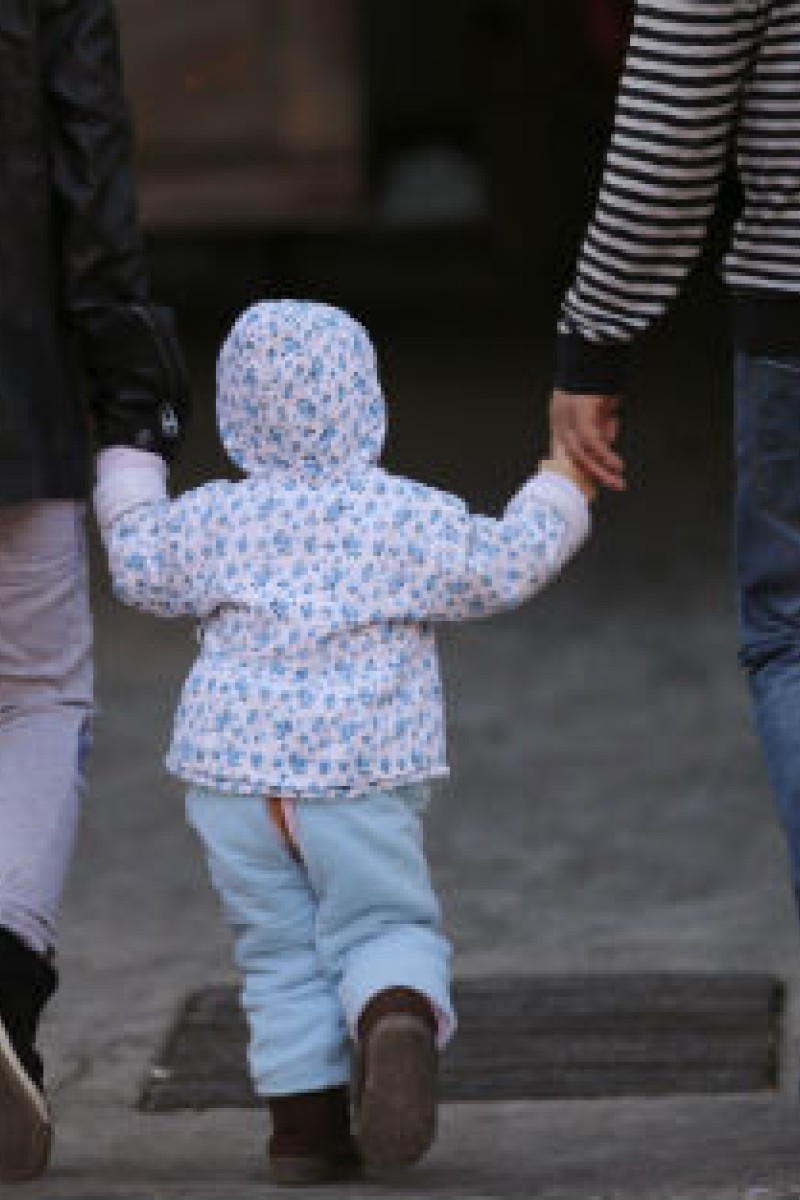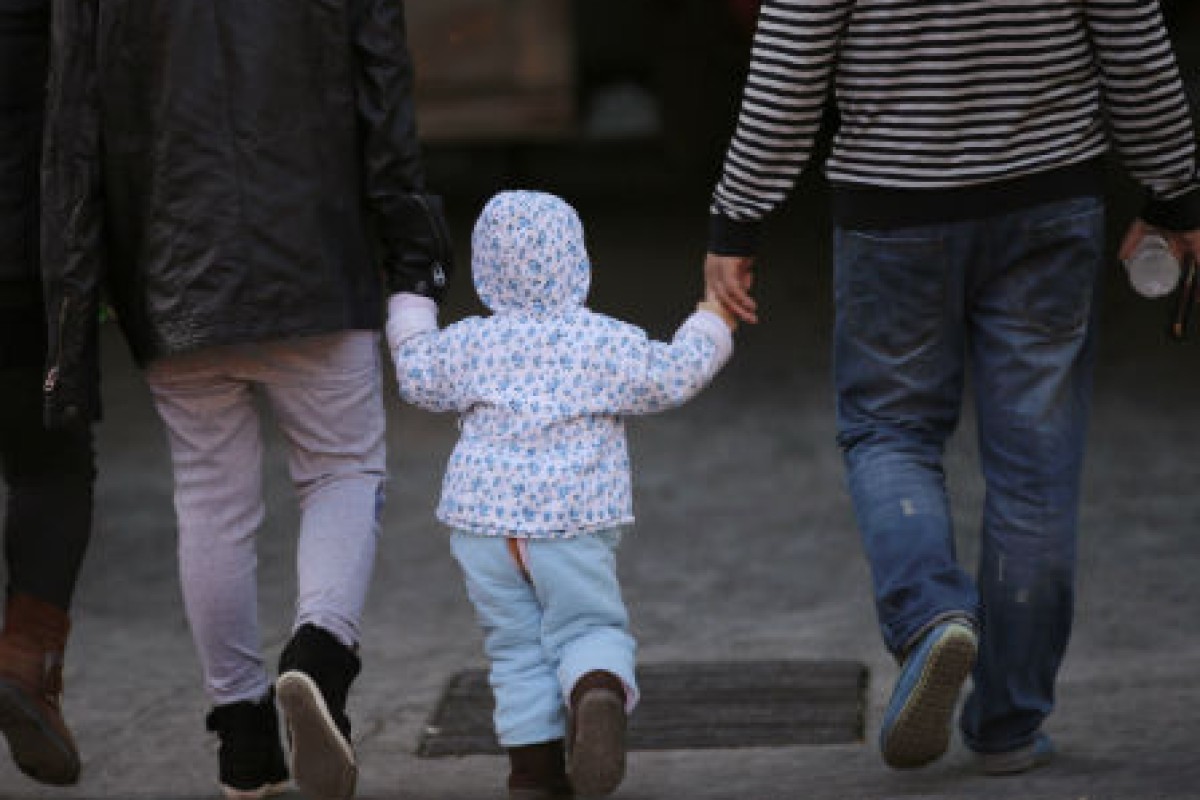
 Under new reforms, this young girl in Beijing would be allowed a brother or sister.
Under new reforms, this young girl in Beijing would be allowed a brother or sister.Such a move is no surprise - people are worried about the country's ageing population.
For the first time in more than 50 years, the number of working-age people fell last year, sparking fears that economic growth will slow down.
The one-child policy was introduced in 1979 when China adopted a series of economic reforms. Then-leader Deng Xiaoping decided that China's population - which was just under one billion at the time - was holding back the nation's economic growth.
But now this policy has created the four-two-one problem, where one child has to provide for two parents and four grandparents. This is a big threat to the future of China's economy.
Another social effect of the only-child policy is the rise of the "little emperors". Researchers at Monash University in Australia recently found that China's next generation is likely to be more pessimistic, less co-operative and more self-centred - in other words, spoilt.
Yet the consequences don't end there - psychologists think this new generation is less business-minded because they are afraid of taking risks. This could harm innovation on the mainland.
With the one-child policy relaxed, the labour pool will increase. Hopefully, this will fuel long-term economic growth.
But this is also a step forward for China in terms of human rights.
When the one-child regulation was in force, some parents abandoned unwanted children. Girls, in particular, were given up for adoption.
The strict policy also led to abortions, many of them government-imposed.
Last year, Feng Jianmei was forced to abort her seven-month-old unborn fetus because she was unable to pay the 40,000 yuan (HK$48,798) fine for having a second child. Her story shocked the world.
Relaxing the one-child policy does not come without problems. China will now face pressure on its public services, such as healthcare.
It is likely there will not be enough maternity wards, doctors and schools. Last year, more than 18 million babies were born. Is China really ready for this figure to rise?
Even so, the relaxing of this famous policy seems to be a positive start to solving some of China's problems.
This is hopefully the beginning of the policy's long-overdue end.
You might also like:
- Op-Ed: The debate on press freedom in mainland China continues
- Op-Ed: Just how much does Chief Executive Leung Chun-ying deserve our trust?